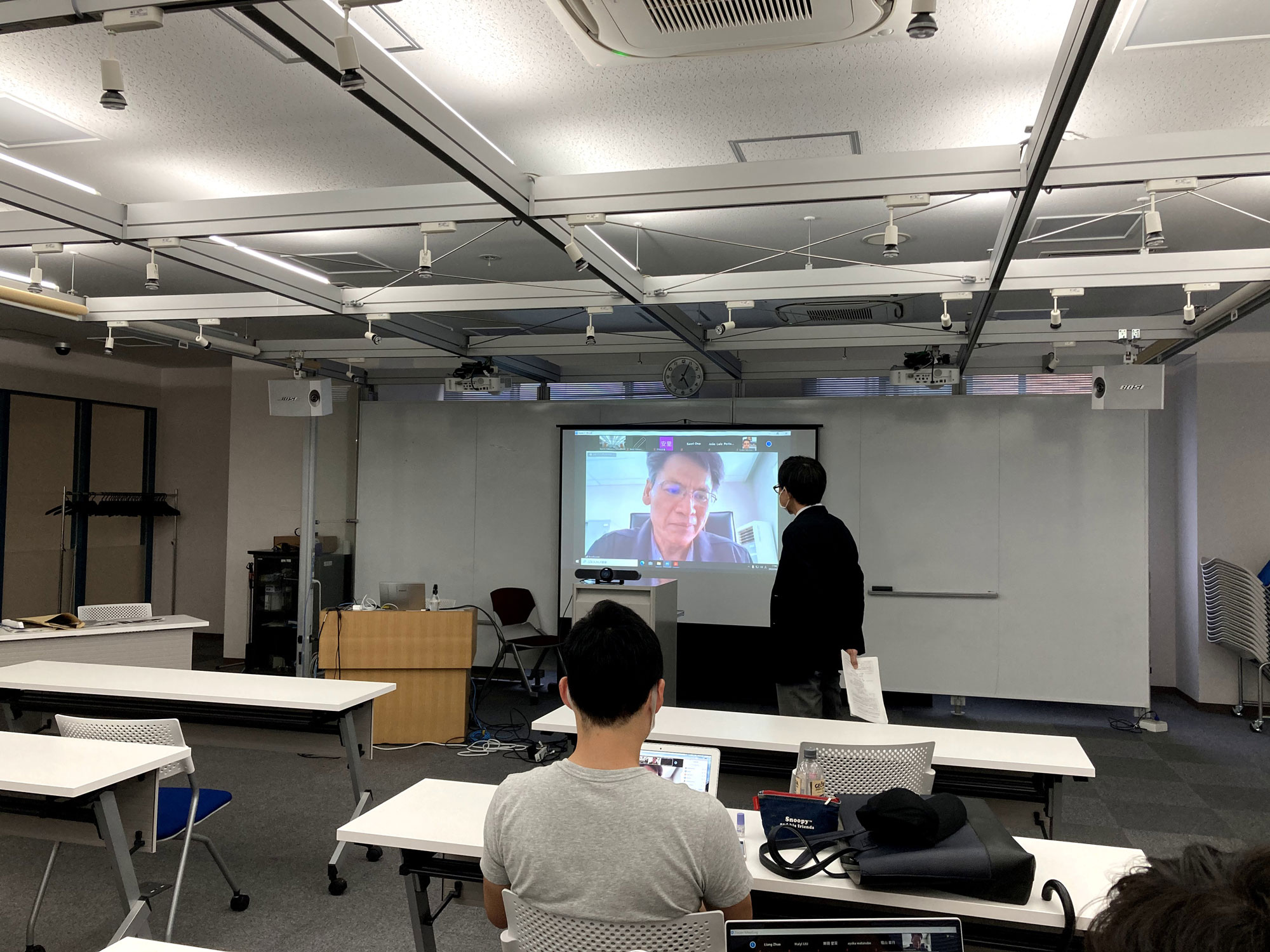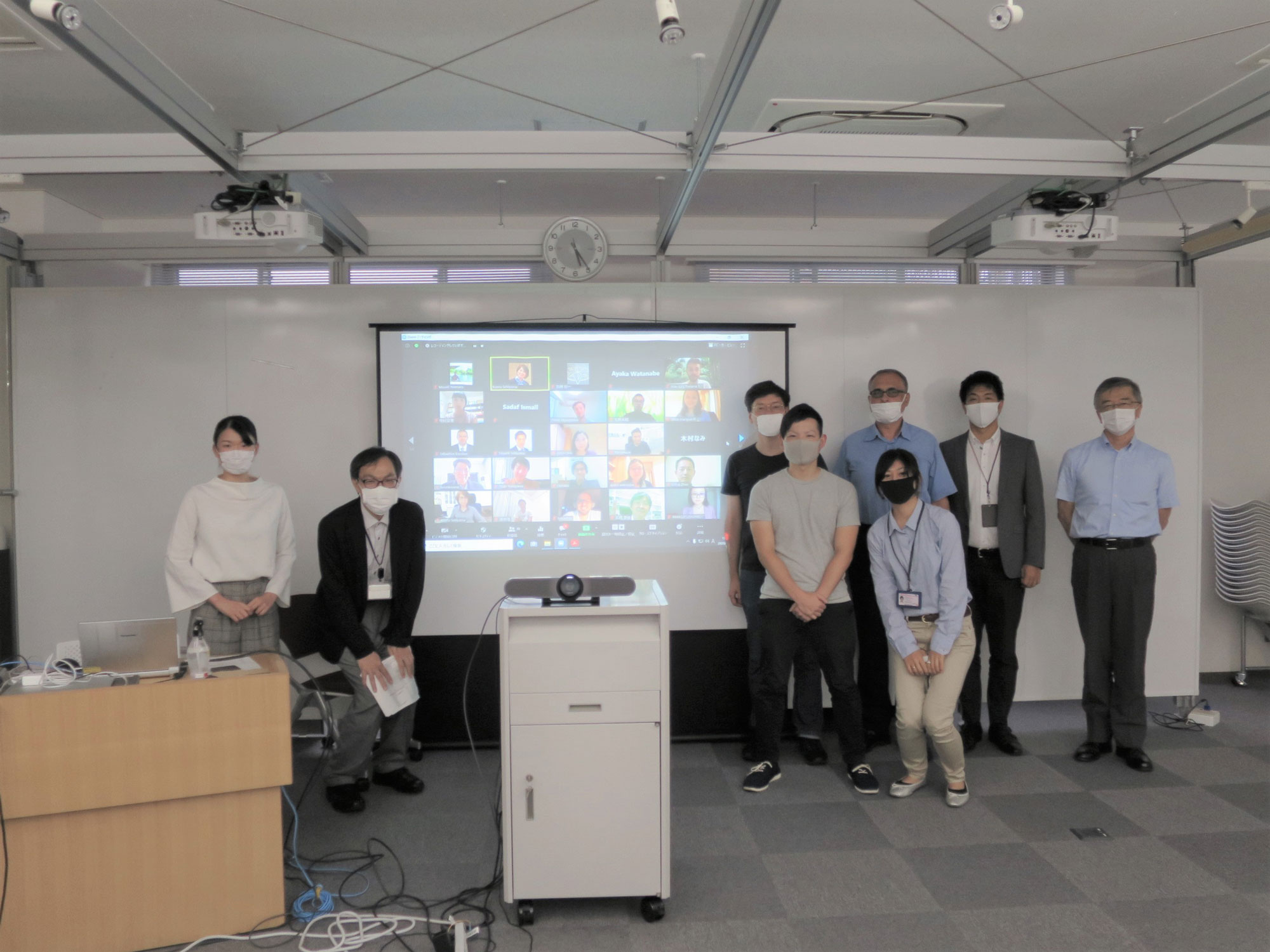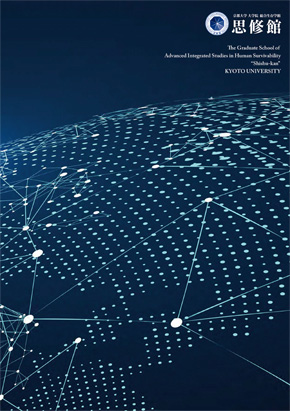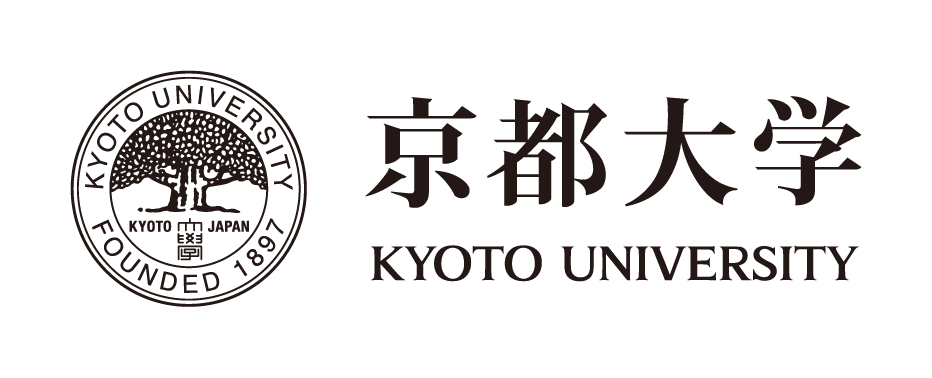Activity Report: A student-centered overseas service learning program," WASAVI ", is implemented in the midst of Corona's disaster


(Left)Dr. Bounlouane Douangngeune, Director, Laos-Japan Human Resource Development Institute, National University of Laos
(Right)Presentation Session of Survey Result
GSAIS Students take service learning as a place for practical learning in society in the first and second years. This year, we launched an overseas service-learning program run by a group of senior students at GSAIS to provide a place for practical learning in developing countries.
This program, named WASAVI (Worldwide Association for Spreading “Active learning” in Various ways of Introduction), is set in Laos, Southeast Asia, with the main activity of conducting research on social issues in Laos, and is aimed to help students learn developing countries and development issues, the importance of understanding, respecting different cultures, research methods, and teamwork through collaborative work.
Although the implementation of the program was threatened by the spread of the new corona infection, senior students decided to operate all domestic and overseas programs online, and prior training on the current situation and issues of the target country, field survey methods, etc. (June-July), planning and examination of field online survey in collaboration with Lao cooperation organizations (July-August), conducting online survey mainly for students of National University of Laos (September), presentation of survey results (end of September) were completed successfully with 11 junior students who participated.
It was a difficult attempt to go online for all the field surveys, but on the way, they had interviews with Lao students staying in Japan and exchanges with local students in Laos via the Internet to get as close as possible to the real image of the field.
Participating students were divided into three teams, set their own research themes (health awareness, higher education, sexual minorities), conducted interview and questionnaire surveys aimed at identifying social issues in Laos, and summarized the results. While there are many restrictions on online, we are able to obtain meaningful survey results for each team thanks to the great cooperation of many Lao people including the Laos-Japan Institute (LJI), the National University of Laos.
With the expansion of COVID-19, which has limited the traditional way of international activities, this program led by senior students provided an opportunity to create a new form of international cooperation between Laos and Japan.
Program organizers:
5th year students Daikichi Seki, Rina Maeda
4th year students Satsuki Shioyama, Ryo Tsuchida
3rd year student Ayaka Watanabe



